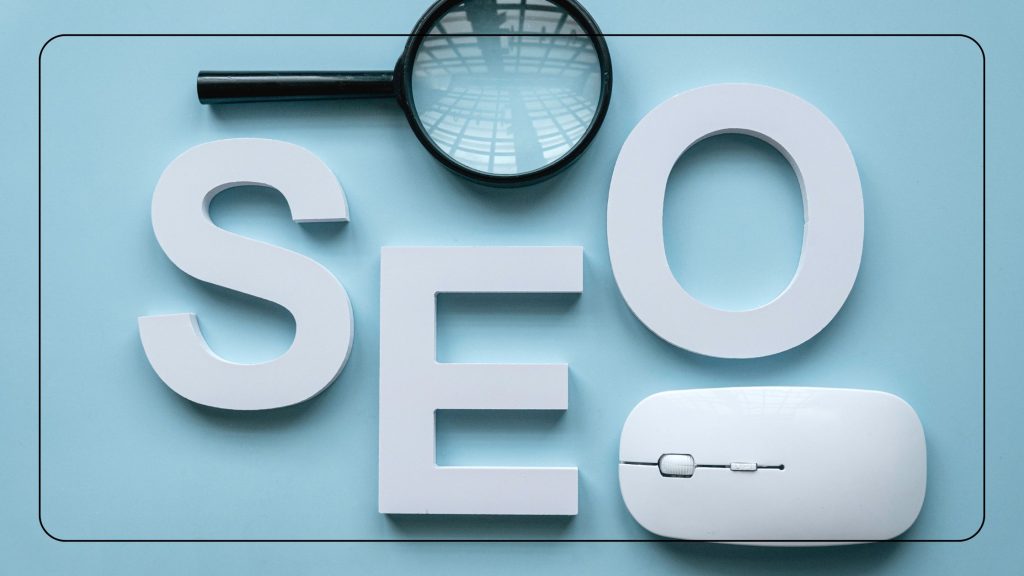For any online portal, an SEO penalty is a total catastrophe since it can lead to a massive drop in rankings, traffic and visibility. Knowing how to recover from an SEO penalty is very important for improving your site’s performance over the long term. This article gives a complete guide on identifying, dealing with and getting back from Google penalties.

Knowing About SEO Penalties
When websites violate search engine guidelines particularly Google , it imposes SEO penalties. There are two types of penalties: manual or algorithmic.
Manual Penalties
Google human reviewers impose these penalties. Common reasons include:
- Unnatural backlinks
- Thin content
- Cloaking or sneaky redirects
- Keyword stuffing
- User-generated spam
Algorithmic Penalties
These occur when algorithms within Google detect problems with your site. Some crucial algorithms are:
- Google Panda: Designed to target poor-quality content
- Google Penguin: Targeting unnatural links
- Google Hummingbird: Primarily serving to understand the intent behind queries while searching.
Also read: GOOGLE’S JUNE 2024 SPAM UPDATE: WHAT YOU NEED TO KNOW to stay informed about the latest changes in Google’s spam update and how they may affect your website.
Detecting an SEO Penalty
You cannot recover from a penalty unless you identify its reason.
- Google Search Console Notifications
To begin with, visit Google search console. If you have been slapped with a manual penalty, there will be notification stating the problem involved.
2. Traffic Drops
An immediate fall in organic traffic might suggest that an algorithm has penalized you.Google analytics can be used to track any changes in the sources of traffic.
3. Keyword Rankings
A significant decline in keyword rankings could mean that there is some sort of penalty monitored by tools such as Ahrefs, SEMrush etcetera.
4. Site Audits
Conducting a comprehensive site audit can help identify potential issues. Screaming Frog, Moz, Sitbulb etcetera are some of the tools that may be useful for this purpose.
Steps to Recover from an SEO Penalty:
- Identify the Cause
Understanding what actually caused this disaster is very important. Therefore, read all Google search console notifications, study traffic trends and conduct a thorough website audit.
2. Fix the Issues
Upon identifying what the problem is, you should take actions immediately towards solving it.
Unnatural Backlinks
- Remove or Disavow: These are among some of the natural ways to disown spammy or unnatural back link that has been done by Google. Contact webmasters to remove harmful links where possible.
Thin or Duplicate Content
- Improve Content Quality: Revise or eliminate poorly written content. Ensure that every piece of content provided is original, informative, and valuable.
- Add Depth and Value: Give more information and include examples and updates about your topics inside existing pieces.
Keyword Stuffing
- Natural Keyword Use: Avoid repeating keywords too often in texts. Focus on creating readable text that will be useful rather than irritating for users.
Cloaking or Sneaky Redirects
- Transparency: Make sure that both users as well as search engines perceive your site in the same way getting rid of any hidden texts or sneaky redirects.
User-Generated Spam
- Monitor User Content: Regularly screen user-generated content for spamming purposes. Put measures such as moderation/filtering in place so as to avoid posting spammy posts.
3. Submit a Reconsideration Request
After having addressed these issues, you just have to submit one reconsideration request through Google’s search console against manual penalties; this will make them review your site after explaining what you did to solve those problems.
4. Monitor Recovery
Follow your site’s performance closely once you have made a reconsideration request or dealt with algorithmic issues. Traffic and Rankings Track Changes: You can easily find out how much traffic you generate from different sources by using Google Analytics and SEO tools.Be patient because healing may require time. Regular Audits Continuous Improvement: Keep auditing your website regularly so as not to breach Google’s guidelines and incur penalties again in the future.
Preventing Future Penalties
- Adhere to Google’s Guidelines
Always follow Google’s Webmaster Guidelines. Stay informed about updates and changes to ensure your site remains compliant.
- Valuable Content
Give a major priority to your audience and come up with high-quality content. Stay away from using the same content or stuffing your pages with keywords.
- Organic Link Building
Use white-hate methods and generate a healthy backlink profile. You should avoid buying links or involving yourself in link schemes.
- User Experience
Put user-experience as the top priority. It must be fast, mobile friendly, and easy for people to navigate through.
- Regular Monitoring
Continuously observe site’s performance and health by employing tools like Google Search Console or SEO audit tools.
- Implement Ethical SEO Techniques
Make sure that ethical SEO practices are followed and black hat techniques avoided; rather, choose strategies consistent with search engine guidelines that can last in longer run.
Conclusion
Although difficult, recovering from an SEO penalty is essential in restoring your website’s performance over time. Remedying the core cause of the penalty, addressing identified issues while submitting necessary reconsideration request would be just one step towards recovery. What could happen next is to adhere to best practices, keep concentrating on quality contents and consistently monitoring websites’ fitness towards future penalties. Therefore you will need to adopt ethical SEO practices if you want your website not to be banned by search engines but rather thrive within this digital world where competition has reached its peak level.

